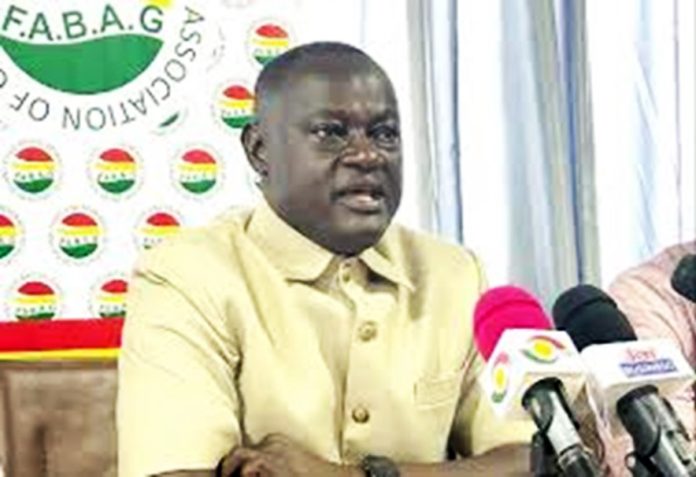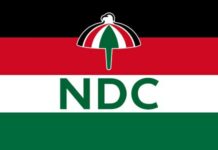The Food and Beverages Association of Ghana (FABAG), in partnership with the Ghana Union of Traders Association (GUTA) and the Ghana Plastic Manufacturers Association, has expressed deep outrage over the Public Utilities Regulatory Commission’s (PURC) persistent nationwide stakeholder engagements aimed at increasing electricity tariffs next year.
According to the associations, the skyrocketing cost of electricity in Ghana is not only unsustainable but also anti-business, anti-growth, and fundamentally flawed. They argue that Ghanaian enterprises and citizens are being strangled daily by tariffs that defy economic logic, crush competitiveness, and create fertile ground for power theft.
FABAG stated that in a country seeking to attract investment and stimulate industrial development, the current electricity pricing regime amounts to a direct attack on manufacturing and productivity. Businesses, especially small and medium enterprises and manufacturers, are being forced to scale down operations, lay off workers, or pass unbearable costs to already overburdened consumers, even as government officials continue to repeat promises of economic transformation.
The statement stressed that Ghana’s electricity pricing system punishes honesty and rewards inefficiency. It explained that ordinary Ghanaians and legitimate businesses are paying for the power sector’s losses, mismanagement, and corruption, which has pushed many to the brink of collapse while others are driven to bypass the system entirely. “When electricity becomes unaffordable, it becomes a target for illegal access. We are fast creating a society where honest business owners are punished while defaulters and illegal users thrive,” FABAG warned.
The group noted that the pricing structure disproportionately affects productive sectors such as factories, cold storage facilities, and other energy-intensive industries, thereby discouraging local manufacturing and making imports more attractive. It questioned how Ghana could talk about industrialization when the very foundation of industry—reliable and affordable power—is being used as a weapon against it.
FABAG further observed that the regressive tariffs do not just make power theft attractive but, in many cases, make it seem rational. As electricity bills become unbearable and enforcement remains inconsistent, many see illegal connections as the only way to survive. The association maintained that while theft should never be condoned, the current system practically dares citizens and businesses to take matters into their own hands.
“The PURC must understand that pouring water into a leaking bucket does not save water,” the statement said, adding that no amount of tariff increase can sustainably compensate for inefficiency, mismanagement, corruption, poor revenue collection, and bad debts within the utilities.
FABAG described the government’s pricing system as a trap that kills jobs, discourages investment, and fuels criminality. “The more one tries to play by the rules, the more one is made to suffer,” it lamented. The group called for immediate reforms, including a full audit of the real cost of power production and distribution, a simplified and transparent tariff structure that rewards efficiency and productive use, and urgent relief for businesses, particularly those in manufacturing and agribusiness. It also urged a crackdown on internal waste and corruption in the power sector, as well as the implementation of measurable cost-cutting strategies to restore efficiency and sustainability.
FABAG concluded by describing the situation as a call to action for every entrepreneur, investor, and citizen who believes in Ghana’s future. “We cannot develop in darkness—not just the physical kind, but the darkness of bad policy and willful economic sabotage. Enough is enough. We are tired of lip service and empty promises. Electricity must empower, not impoverish,” the statement declared.
The association called on His Excellency the President to act immediately and urged the PURC to stand up for honest businesses and hardworking Ghanaians.









